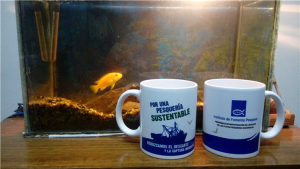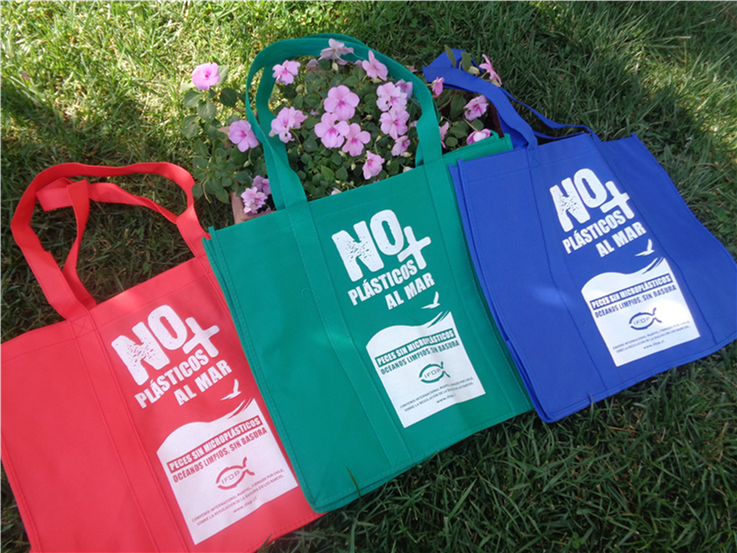IFOP launches a diffusion campaign on garbage impact’s in the sea
April 25th, 2018 Marine litter is a cross-border problem, which is why the importance and compliance of Marpol V Annex; regulations that regulate proper handling and final destination of garbage on board of all types of vessels. IFOP is developing a series of activities to disseminate our programs on board, in the activities in coves and schools which belong to coastal communities, as they are a good way to raise awareness among the population and encourage citizen participation in order to encourage practice’s change in final waste disposal.
Marine litter is a cross-border problem, which is why the importance and compliance of Marpol V Annex; regulations that regulate proper handling and final destination of garbage on board of all types of vessels. IFOP is developing a series of activities to disseminate our programs on board, in the activities in coves and schools which belong to coastal communities, as they are a good way to raise awareness among the population and encourage citizen participation in order to encourage practice’s change in final waste disposal.
IFOP began a campaign to inform about damage produced by garbage in the sea, for which the scientific observers carry out on board talks on the boats about ” International Agreement Marpol 73/78 Annex V “.
Luis Ossa Medina, IFOP Researcher, said “we had prepared a dissemination program which is based on important work carried out by scientific observers on board. They fulfill a fundamental task to be able to make a close communication with the crew on each boat where a boarding (craft and industrial) occurs. In 2018, various graphic support elements, posters, graphic pieces, ecological bags and mugs were designed for diffusion. He tells us that ecological bags distribution with a message stamped ad-hoc serves two purposes. First, to reduce in a practical way the use of plastic using these types of bags. This way, marine environment and environment in general are taken care of, and secondly, to transmit the message to improve “Annex V” knowledge in fishing crew, fulfilling the objective of the Scientific Observers Program project.

Alexis Ramírez Álvarez, IFOP’s scientific observer explained “on-board dissemination work begins once the designed form for data records is completed, which includes initial ship state and crew in particular. For this, crew is requested, with captain or skipper authorization, a meeting to talk about the different impacts produced by garbage in the sea and in marine organisms, as established by the aforementioned Marpol annex “.
On the other hand, Victoria Escobar Toro, Discard and Incidental Catch Research Program researcher. pointed out “we must not forget that oceans practically cover 70% of our planet surface and there is marine debris in all of them, the threat that this garbage represents for the health of our seas and coasts also affects our communities. Unlike organic matter, plastic never disappears in nature and accumulates in the environment, and particularly in the oceans. It is necessary to create awareness about what it means to throw plastics in the environment, the damage that is caused given the time it takes to be degraded (hundreds of years), some fragments can reach the shore or move to the most remote areas of the world.
